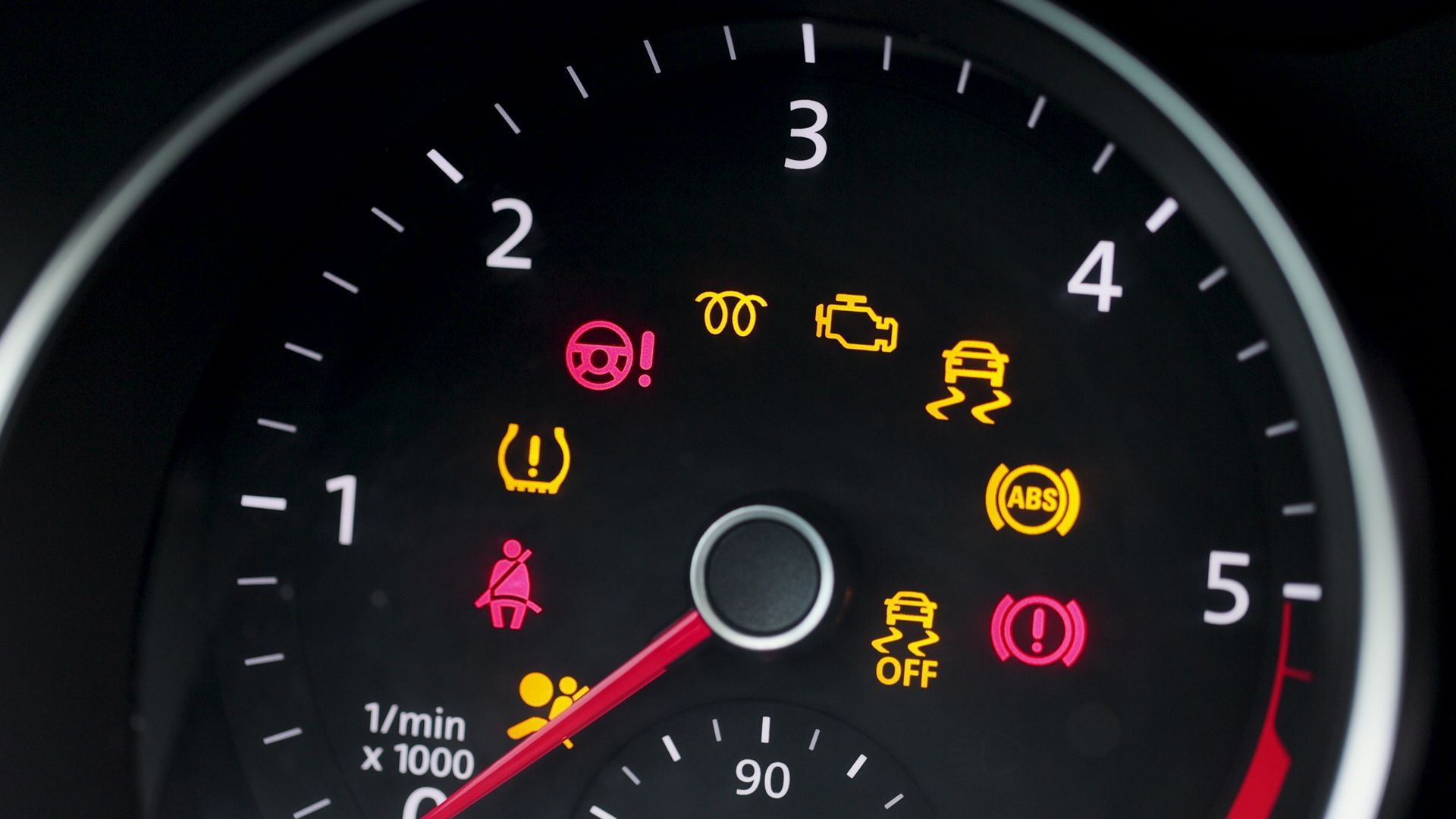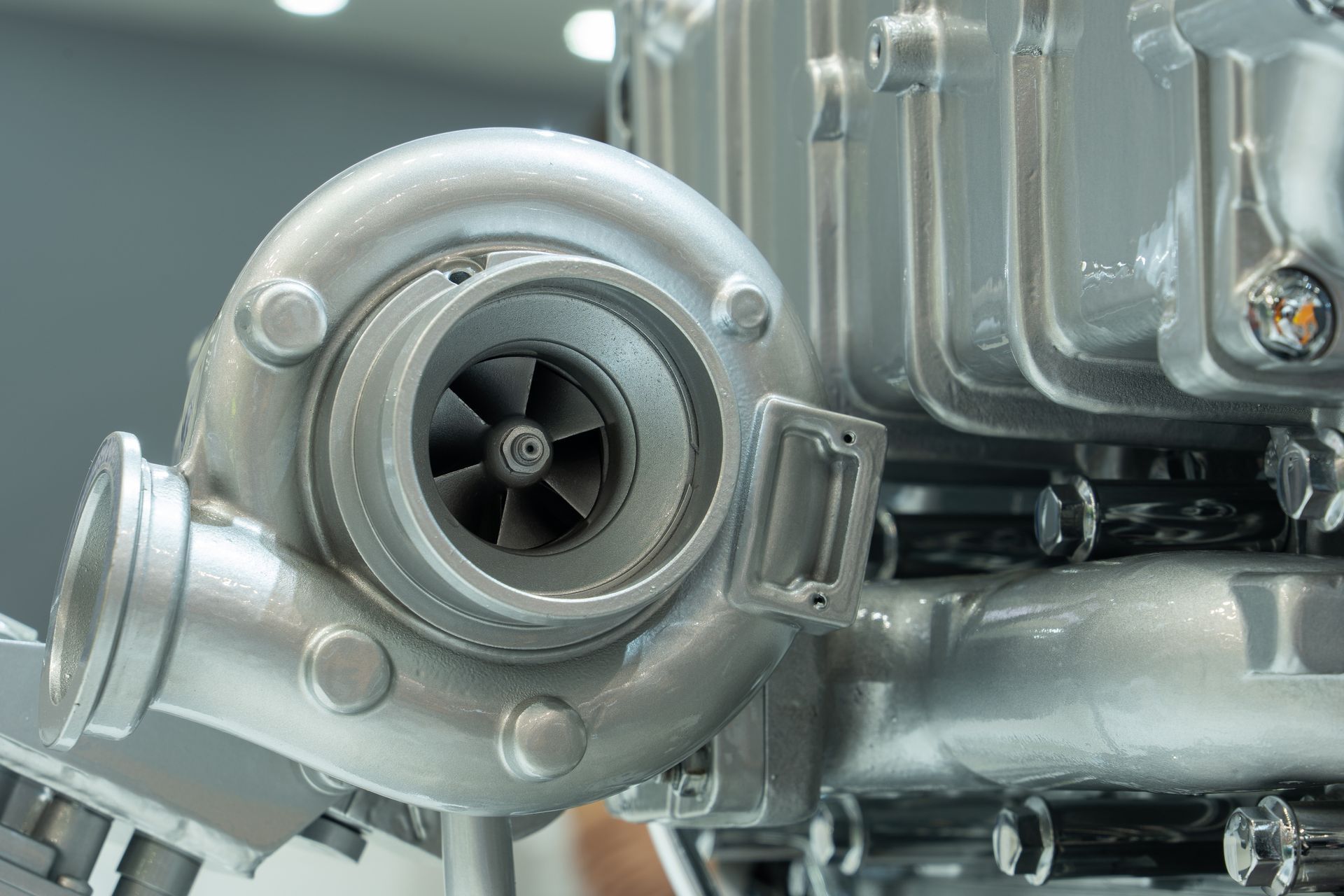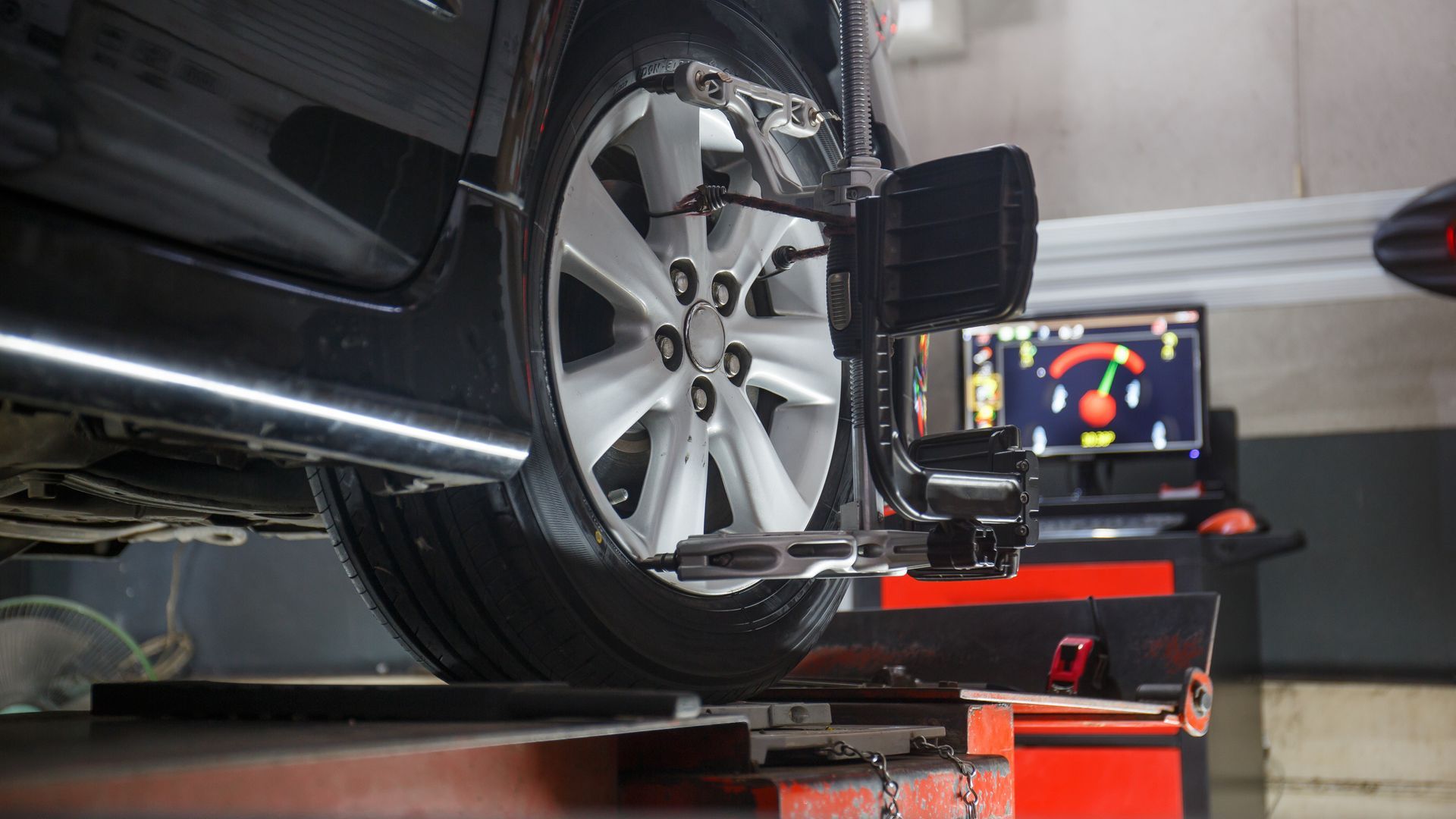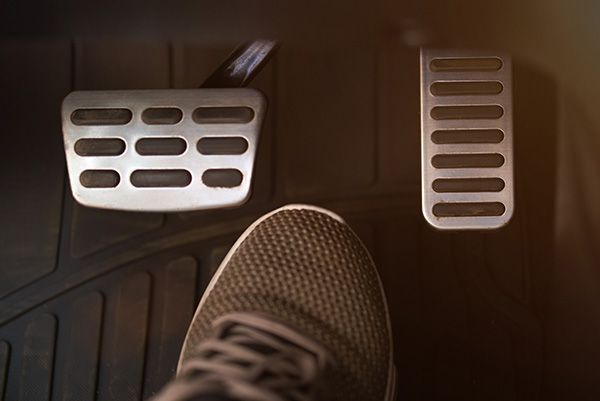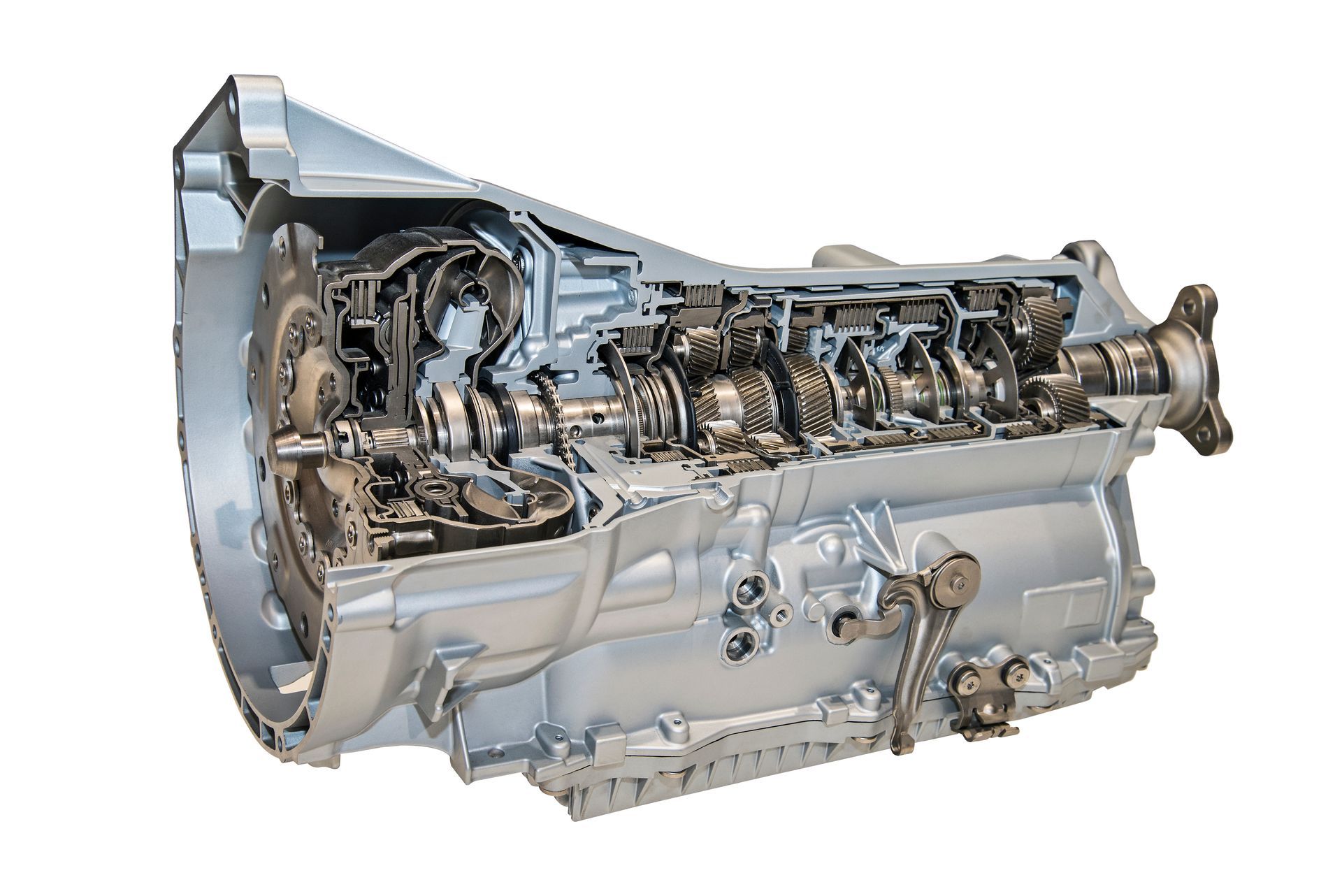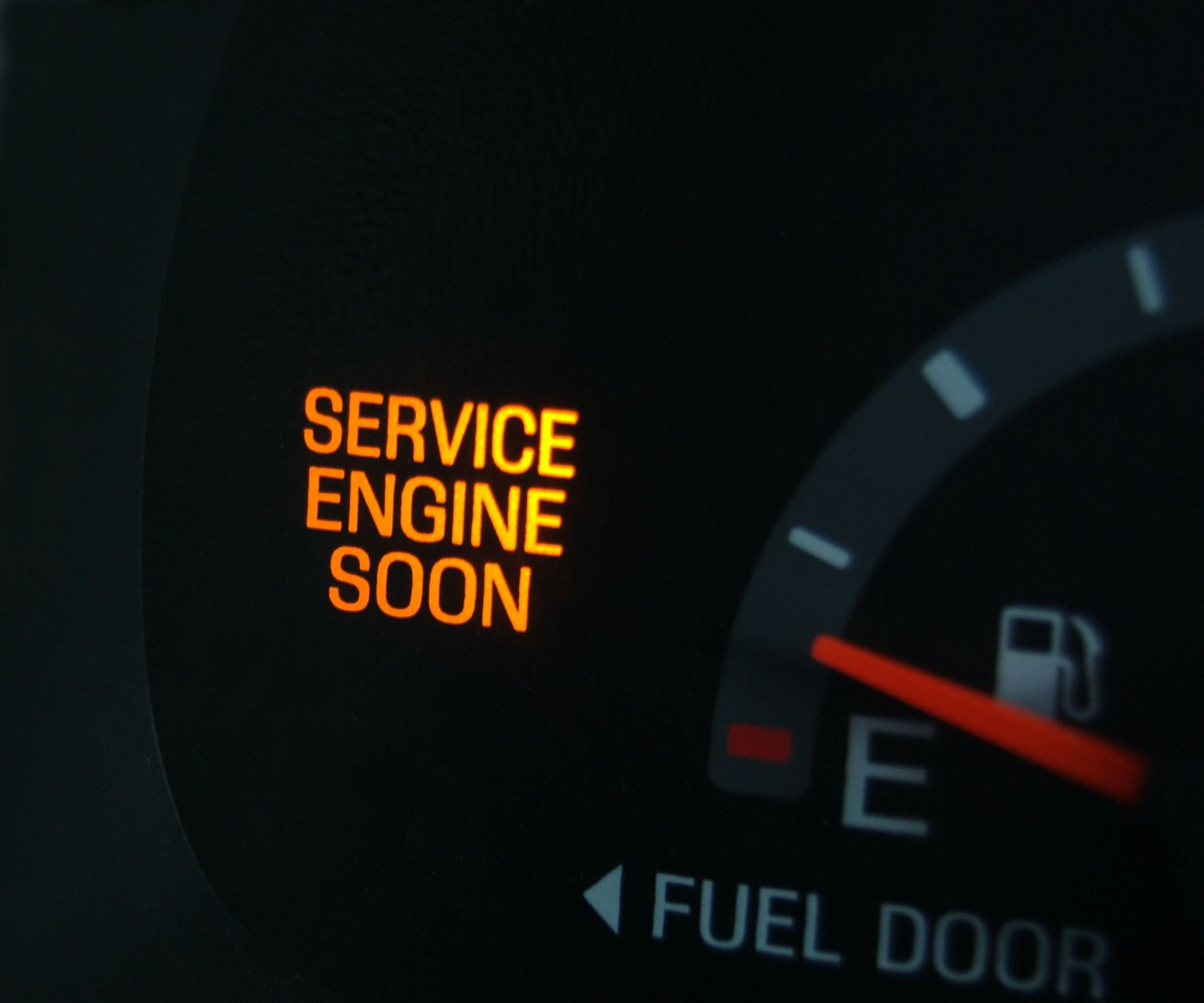Your car's fuel system gives the engine the energy it needs to function. So, when something goes wrong—like a fuel leak—it’s not just an inconvenience. It’s a serious safety hazard. While it may be tempting to put off repairs when you notice a fuel leak, doing so could lead to severe consequences. Ignoring a fuel leak isn’t just bad for your car’s performance—it can put your safety and the safety of those around you at risk.
What Causes Fuel Leaks?
Fuel leaks can occur for several reasons, and understanding what causes them can help you prevent future issues. One of the most common reasons is wear and tear on your fuel lines. Over time, these rubber or metal lines can degrade, leading to cracks or holes that allow fuel to escape. Faulty fuel injectors or seals may also be culprits, as can issues with the gas tank itself, such as corrosion or punctures. Whether due to age, debris on the road, or poor maintenance, fuel leaks can happen to any vehicle.
Regardless of the cause, a fuel leak is never something to take lightly. Gasoline is highly flammable, and even a small leak can lead to dangerous situations.
Why Is a Fuel Leak Dangerous?
A fuel leak poses numerous risks, from environmental hazards to personal safety threats. Here are some key reasons why you should treat any fuel leak as an urgent issue:
1. Fire and Explosion Risks
The most immediate danger of a fuel leak is the potential for a fire or explosion. Gasoline is highly combustible, and a small spark—from a nearby cigarette, an overheated part of your engine, or even static electricity—can ignite the leaking fuel. This can lead to catastrophic consequences, including a fire that could spread rapidly through your car.
2. Environmental Impact
Fuel leaking onto the ground is not just harmful to your vehicle—it’s also terrible for the environment. Gasoline contains chemicals that can contaminate soil and water sources, causing long-lasting damage to ecosystems. Addressing a fuel leak promptly can help reduce your car’s environmental footprint and prevent harmful pollutants from seeping into the ground.
3. Reduced Fuel Efficiency
Even if a fuel leak doesn’t seem significant, it can have a noticeable impact on your car’s fuel efficiency. As gasoline leaks out, you’re losing precious fuel, meaning you’ll need to refuel more often. This can quickly add up and become a costly problem. Fixing the leak will save you money in the long run by preventing unnecessary fuel loss.
4. Potential for Engine Damage
A persistent fuel leak can also cause damage to your engine. When fuel doesn’t make it to where it’s supposed to be—inside your engine—it can result in an uneven air-fuel mixture. This imbalance can lead to rough idling, stalling, or even complete engine failure over time. Repairing the leak sooner rather than later ensures your engine continues to run smoothly and prevents further costly damage.
How to Spot a Fuel Leak
Not all fuel leaks are immediately visible, but there are some telltale signs that can alert you to a potential problem. The most obvious sign is the smell of gasoline around your car, especially when it’s parked. If you see puddles of liquid beneath your vehicle that have a strong gasoline odor, it’s time to investigate. Be cautious—never try to touch or sniff the substance directly, as gasoline fumes can be harmful.
Another indication of a fuel leak is poor fuel economy. If you notice that you’re refueling more frequently than usual without driving extra miles, a hidden leak could be the cause. Finally, check your dashboard for warning lights. Some cars have sensors that can detect issues in the fuel system, such as a leak or pressure drop, which will trigger a warning.
What to Do If You Have a Fuel Leak
If you suspect your car has a fuel leak, it’s crucial to take immediate action. First, don’t drive the vehicle. Instead, have it towed to NC Complete Auto Care. Driving with a fuel leak increases the risk of fire, and it can also cause further damage to your vehicle’s fuel system and engine.
Once your car is at the shop, our qualified technicians will inspect the fuel lines, gas tank, and other components to determine the source of the leak. In many cases, the repair is as simple as replacing a worn-out hose or seal. However, more severe leaks may require more extensive repairs, such as replacing a damaged gas tank. Regardless of the fix, addressing the issue promptly ensures your safety and prevents more significant problems down the road.
Preventing Future Fuel Leaks
While some fuel leaks are unavoidable due to normal wear and tear, you can take steps to reduce the likelihood of experiencing one. Regular maintenance is key. Have your fuel lines and tank inspected during routine services to catch potential problems early. Avoid driving over debris or potholes that could damage the underside of your car. And always ensure you’re using high-quality fuel that won’t corrode your fuel system.
A fuel leak is a serious safety hazard. Get it fixed before it becomes a bigger problem. Contact
NC Complete Auto Care for a fast and reliable repair!

